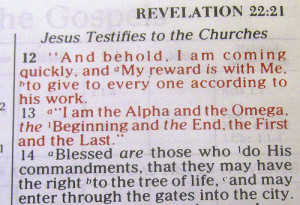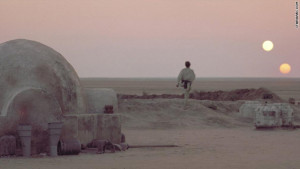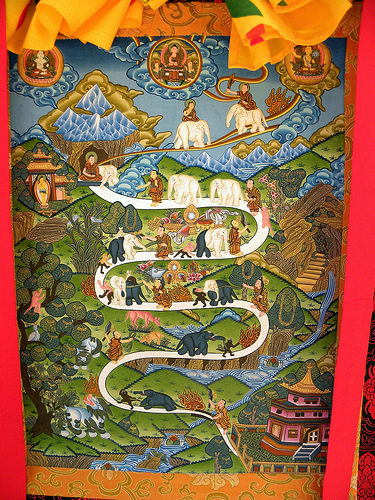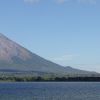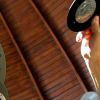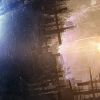“Garlic, herbs and rooster’s crow,
or far away the children go.”
— The Arborlight
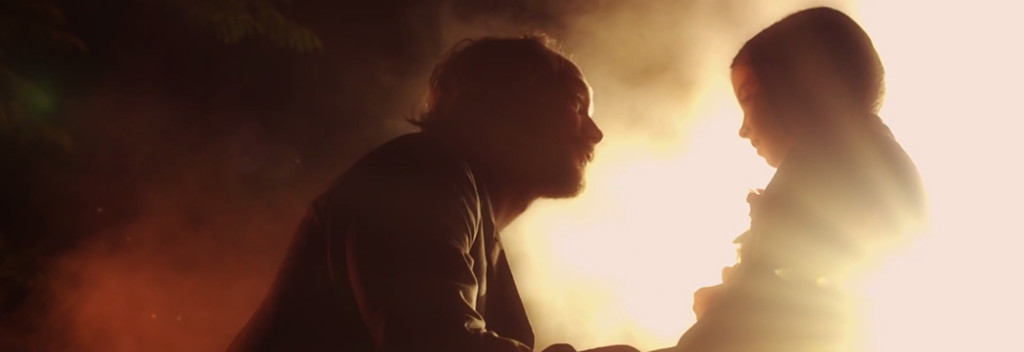 Brian Sutherland and Eden Campbell in “The Arborlight.”
Brian Sutherland and Eden Campbell in “The Arborlight.”
How far would you go to save your child?
What would you do if you could not?
Those are the questions at the heart of The Arborlight, a breathtaking fairytale faith-versus-science story. Thomas and Liz’ young daughter, Elly, is fighting terminal tuberculosis, and although the doctor that attends to her is optimistic, Thomas grows more and more certain that Elly isn’t going to make it through. One day, while gathering flowers for his daughter’s bedside, he discovers a place that looks exactly like the fairy stories she loves so much, and Thomas finds he must choose between the approach of worldly medicine and the lure of something a little more magical…
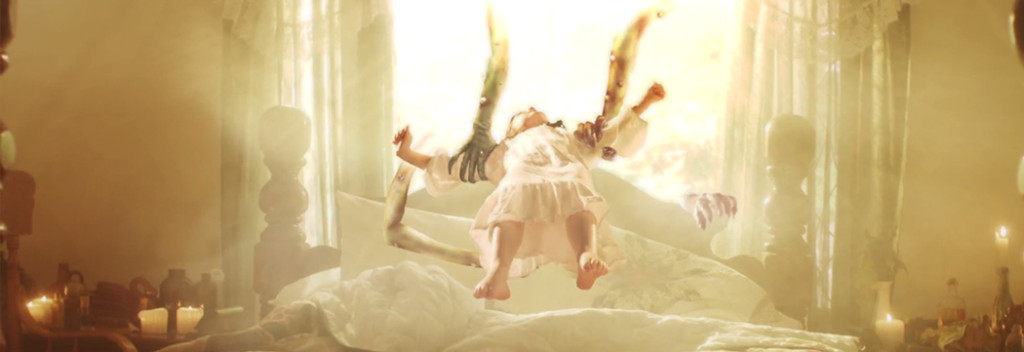
The Arborlight is filmed beautifully using RED cameras, and despite the fairytale cottage and medieval costumes, Thomas and Liz feel like modern parents in a very modern struggle. Modern medicine has come a long way from the bloodletting and surgery-superstition that Thomas and Liz took as gospel truth, but people still die all the time from maladies doctors and medicines still can’t touch, and people still look for cures beyond what modern medicine can provide — miracle potions and mail-order cures, shamans and prayer healings. In a way, it’s tragic to watch Thomas and Liz make the decisions they make, because modern viewers know that they really have no choice, that the bloodletting provided by the plague doctor is ineffective and cruel, and that both choices are going to be heart-wrenching and unfair.
It reminds me of Anna Mayer‘s beautiful video above, about a young teen suffering from a condition that she knows is going to kill her, and the wrenching feeling about how unfair that is. I thought of Emily a lot while I watched The Arborlight. Modern society judges people who, upon not finding modern medicine sufficient, turn to a place of faith and unreason, but like Thomas and Liz tell us in The Arborlight, it’s a question we’re all going to have to face. Modern medicine will eventually fail. None of us will live forever. What are you going to do on the day? What will you believe? What would you turn to? Can any of us really even know until we, like Thomas, Elly and Liz, are facing it?
Do yourself a favor and watch The Arborlight, a film by Philip and Kevin Harvey, starring Brian Sutherland, Lisa Coronado, Eden Campbell and Russell Hodgkinson:
Watch a behind-the-scenes documentary on how they filmed using the Movi:
– – –
Subscribe to Sacred Earthlings for new story notifications!
Read the August Third Order story, “A Tomb For Demrick Fauston,” by Fred McGavran!



